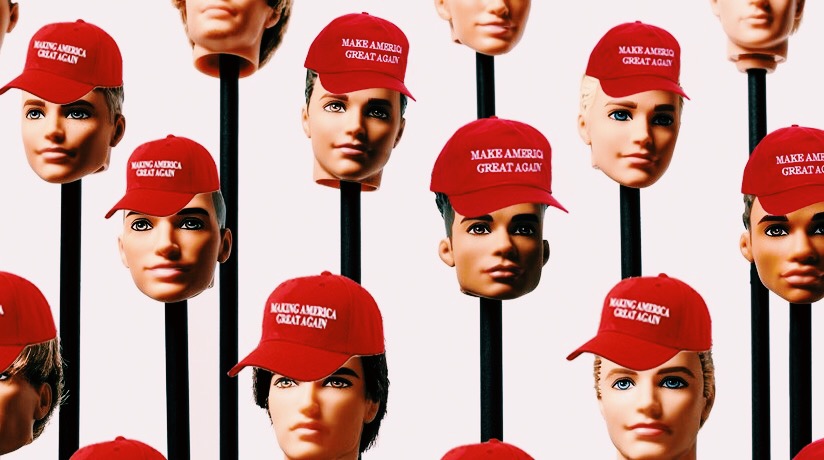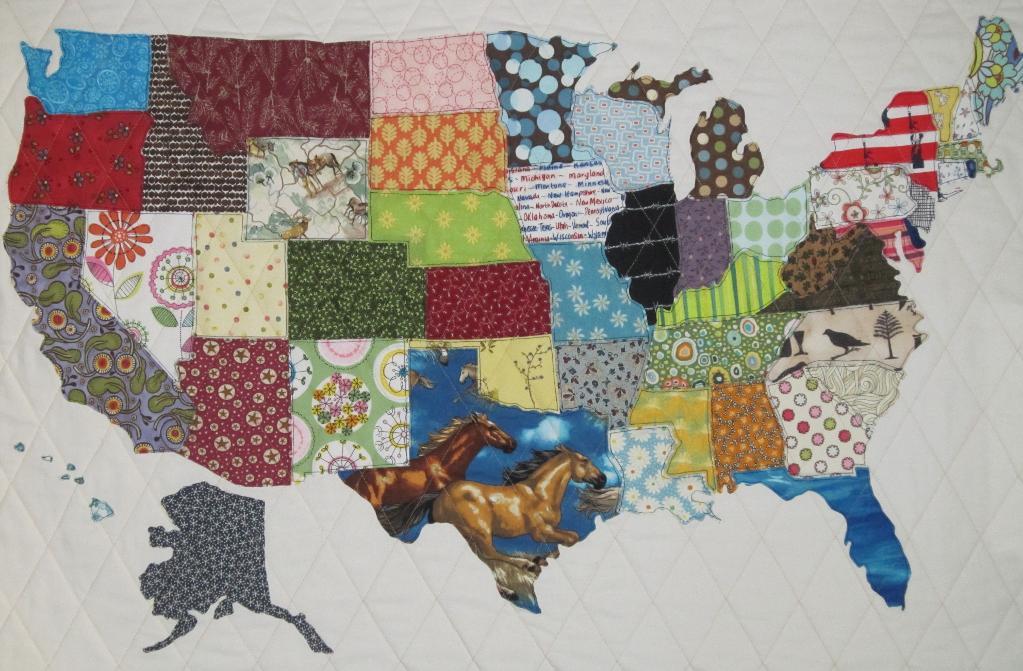Campus
Zoom: Educational Boon or Learning Doom?
|
by Dylan McIntyre
Online education is a pretty polarizing topic nowadays. Most of us are experiencing it firsthand, and after several months of using Zoom, chances are you either love its flexibility and leniency (how else would I get to attend lectures in pajamas?) or you just want to throw your stupid laptop out the window because your background image has been permanently burned into your retinas. With all the controversy surrounding “Zoom University,” it’s worth considering whether online school is actually a viable teaching method. Virtual education has existed for a while now, but in times of COVID-19, it has quickly become the standard to ensure safety for students. But is this an appropriate standard for a modern, technological world?









